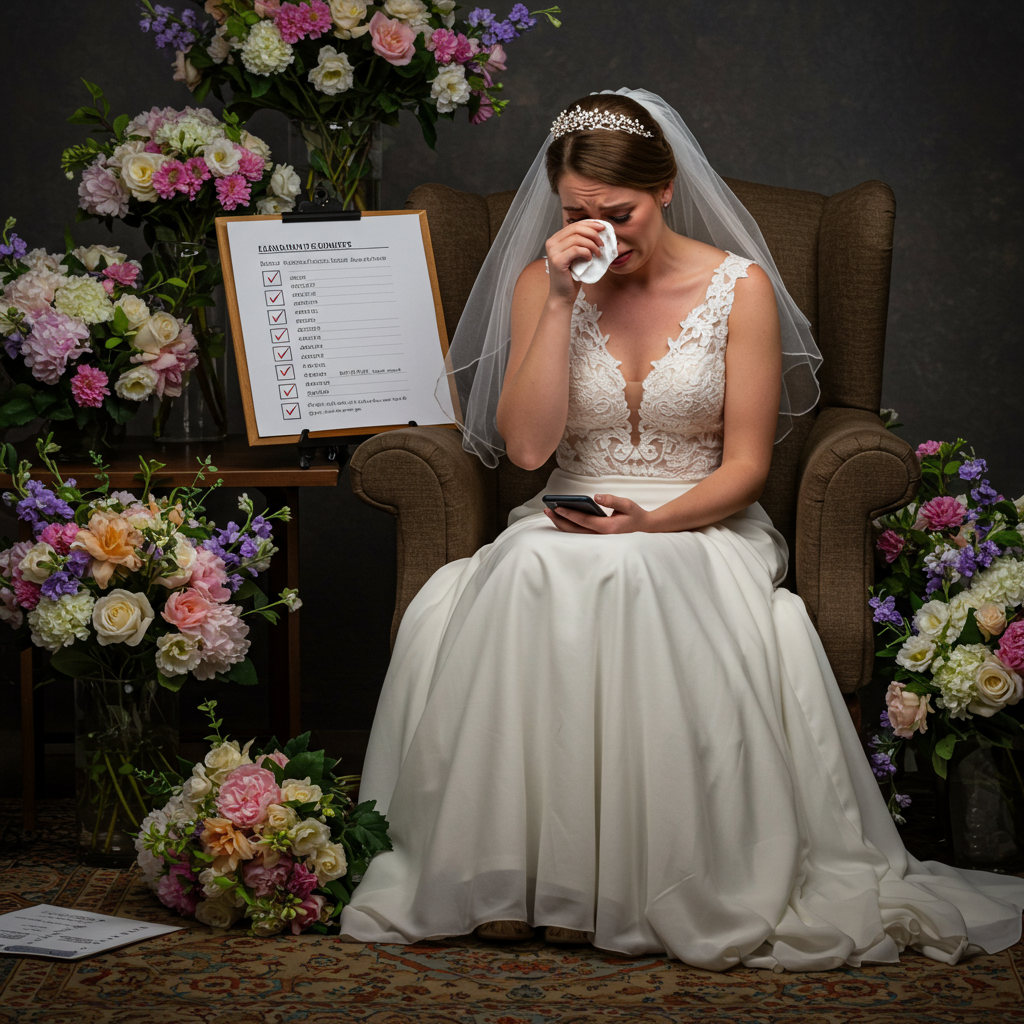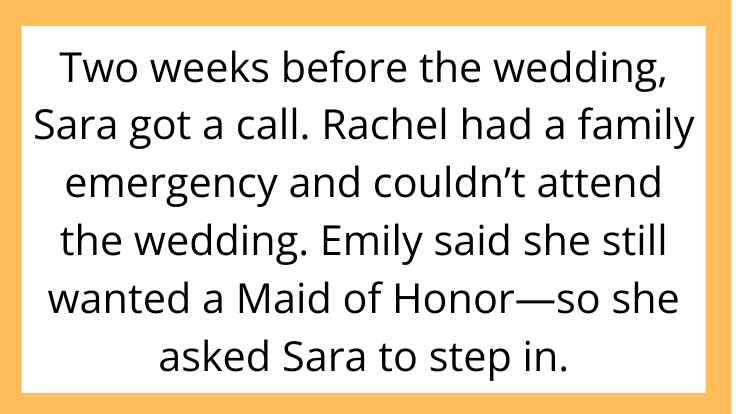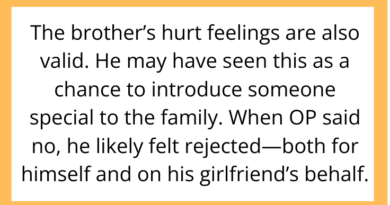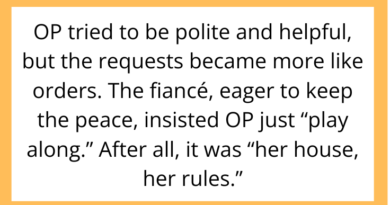AITAH for Not Attending My Sister’s Wedding After She Made Me Her Backup Maid of Honor?
When it comes to weddings, emotions can run high, and family dynamics often get messy. Today’s AITAH scenario dives deep into a sibling conflict that has sparked thousands of heated comments online: Is it petty to skip your sister’s big day because she treated you like a backup plan? Or is it a justified stand for self-respect?
Let’s unpack this complicated situation.
The Story: From Excited Sister to Backup Option

A 27-year-old woman—let’s call her Sara—shared her story on r/AITAH. For months, she had been excited to be part of her older sister Emily’s wedding. They grew up close, and Sara assumed she’d be asked to be Maid of Honor.
But when the official announcement came, Sara was surprised to find out that Emily’s childhood best friend, Rachel, was chosen instead. While a little hurt, she tried to be understanding—after all, Rachel and Emily had been inseparable since kindergarten.
Then things got awkward.
Two weeks before the wedding, Sara got a call. Rachel had a family emergency and couldn’t attend the wedding. Emily said she still wanted a Maid of Honor—so she asked Sara to step in.
Sara felt like a consolation prize.
“I felt so humiliated,” she wrote. “It was clear I wasn’t her first choice. She didn’t even ask me to be a bridesmaid before this. I was literally only being included because someone else couldn’t make it.”
Sara declined. But that wasn’t the end of it.
Drawing a Line: Choosing Not to Attend

Sara told Emily that she would still attend the wedding as a guest. However, Emily’s reaction caught her off guard—she was furious.
“She called me selfish and said I was ruining her wedding,” Sara explained. “My mom called too, telling me to just do it for family.”
After a long week of arguments, Sara decided not to go to the wedding at all.
“I couldn’t stand the thought of sitting there, pretending everything was fine,” she wrote. “I didn’t want to be there out of obligation.”
Now, months later, the family is still upset, and Sara is questioning if she overreacted.
The Case for Sara: Standing Up for Self-Respect

Why It Feels So Personal
Weddings are loaded with symbolism and expectations. Being asked to be Maid of Honor isn’t just about standing next to the bride—it’s about feeling valued. For Sara, the request wasn’t about supporting Emily in a crisis; it felt like an afterthought.
The pain wasn’t only in being second choice—it was in realizing that she hadn’t been considered important enough from the start.
Many commenters agreed that it’s reasonable to set boundaries. Accepting a major role at the last minute, under pressure, can feel disrespectful—especially when emotions are already raw.
The Case for Emily: Family Should Step Up

Why She May Have Felt Hurt
From Emily’s perspective, her best friend had to drop out unexpectedly, and she was trying to salvage the wedding plans. She likely assumed her sister would step in automatically because “that’s what family does.”
Emily might have felt abandoned in a moment of stress. To her, Sara’s refusal looked like a lack of support rather than a stand for self-worth.
This is where many wedding conflicts start: different expectations about what “support” really means.
The Internet Responds: Who’s the Villain Here?

Reddit’s AITAH community didn’t hold back. Most commenters sided with Sara.
“Being someone’s backup Maid of Honor is humiliating,” one user wrote. “You were right to protect your dignity.”
Another chimed in: “She didn’t value you until she had no choice. You don’t owe her your time.”
Others, however, empathized with Emily.
“Weddings are stressful. It sounds like she panicked and turned to you for help,” a comment read. “You didn’t have to accept, but not attending at all was a big statement.”
Compatibility, Expectations, and Boundaries
This situation highlights an important truth: family bonds can’t be taken for granted. Just because you share blood doesn’t mean you share the same understanding of respect and appreciation.
Sara’s choice not to attend the wedding was about more than a single event—it was about reclaiming her sense of self-worth. To some, that may look petty. To others, it’s necessary.
What Could Have Been Done Differently?

For Sara:
-
She might have calmly explained why being a backup felt hurtful.
-
She could have attended the wedding as a guest without taking on any role, to show support while maintaining boundaries.
For Emily:
-
She could have acknowledged Sara’s feelings and apologized for making her feel unimportant.
-
She might have considered inviting her as a bridesmaid from the start, showing that she was valued.
When It’s Okay to Say No

Setting boundaries doesn’t make you a villain. You’re allowed to protect your emotional health, even if it disappoints others.
In this AITAH scenario, there’s no clear-cut villain—just two sisters with different expectations of love and support.



